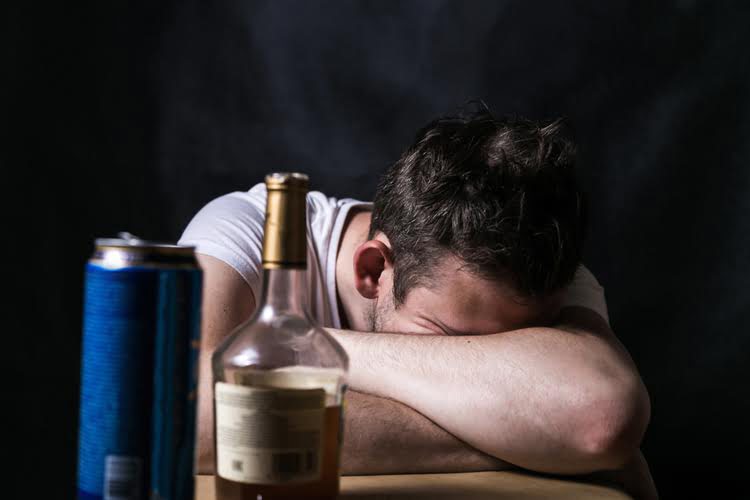The brain’s recovery pace is different for everyone, so there is no set timeline. If a doctor needs to monitor the physical recovery of the brain, they will generally take MRI images of the brain and provide any needed medical support. Obviously, the time it takes for the brain to recover depends on the severity of the damage done. The more intense or frequent the alcohol bouts are, the longer it will take the brain’s chemistry to return to normal levels.

This is because chronic stress can lead to adrenal fatigue, which can cause symptoms like forgetfulness, poor concentration, and irritability. The direct effects of alcohol on the brain are thought to play a significant role in alcoholic brain fog. Do you ever feel like your brain is foggy after a night of drinking? By 5 years, all other cognitive functions have returned to a
normal level state. Unfortunately, as an exception to the brain’s general
restorative abilities, people who develop wet brain don’t recover in this
way.
Nonstop, Ongoing Brain Fog: Next Steps
This organ is responsible for filtering toxins from the blood and converting nutrients into energy. These deficiencies can lead to symptoms like fatigue, poor concentration, and irritability.
The researchers found that people with alcohol use disorder (AUD) had less brain matter than people without AUD. The affected brain regions controlled skills like attention, language, memory, and reasoning. By changing your brain, alcohol can therefore lead to worse memory and impaired judgments, among other changes. For most of us, brain fog is related to lifestyle or temporary stressors.
Cell Death and Brain Damage
There are many support options available that can help guide you through alcohol withdrawal, as well as abstaining from alcohol after withdrawal. For people at low risk of complications, an office visit to your primary care provider, along with at-home monitoring and virtual office visits, may suffice. People at high risk of complications should enter a short-term alcohol brain fog in-patient detox program. However, medical complications can occur during the acute phase of withdrawal. However, try not to have too many firm expectations, as symptoms can continue for multiple weeks in some people. This process temporarily restores homeostasis, or chemical balance, in an effort to counteract the impact of long-term alcohol use on the brain.

No matter how much you drink, adding whole nutrient-dense foods to your diet is going to help your body and brain work better. Drinking heavily can also impair your cognition by affecting your diet and vitamin absorption. Some alcoholics become deficient in an enzyme that prevents them from metabolizing vitamin B1 (thiamine), or they simply don’t eat a nutrient-rich diet, causing malnutrition. The resulting deficiencies can lead to cognitive impairment and alcohol-related brain damage. Although alcohol can cause significant brain damage, an emerging body of research suggests that modest alcohol consumption may be beneficial for the brain.
What is Alcohol Brain Frog?
Take note that chronic alcohol misuse can also lead to other health problems, such as liver disease and heart disease. This is due to the fact that alcohol addiction can damage the brain over time. Therefore, it is crucial to drink plenty of water when you are trying to relieve the symptoms of alcohol fog or brain fog in general. In this blog post, we will discuss what causes brain fog from alcohol, the symptoms of alcohol fog, and how to remedy the problem. After the first few days of recovery, you will start to notice that the brain fog seems to lessen. You may have breakthrough moments when you can suddenly think clearly, but then these are followed by moments of fuzzy thinking.
Understanding alcohol brain fog is crucial for anyone dealing with alcohol-related cognitive impairments. By recognizing the signs and taking proactive steps, it’s possible to lift the fog and improve your cognitive function. Most people who have dealt with alcohol addiction have some idea of what brain fog feels like because it is very similar to how you might feel after a round of heavy drinking.